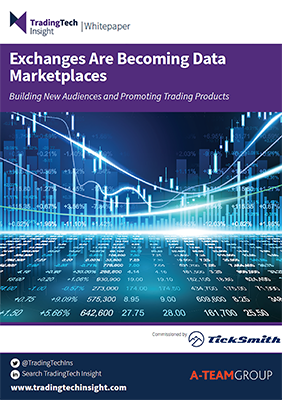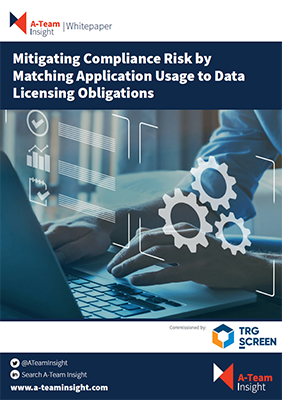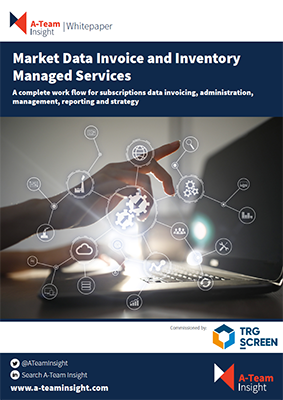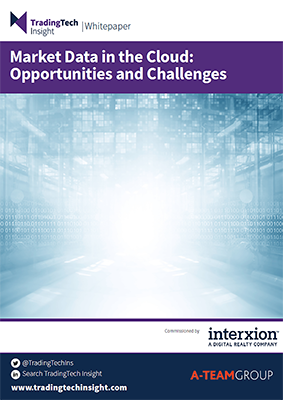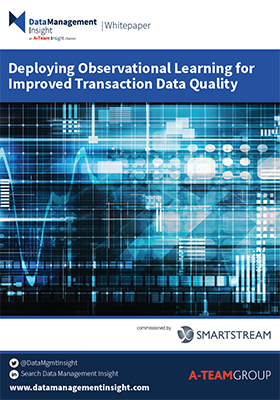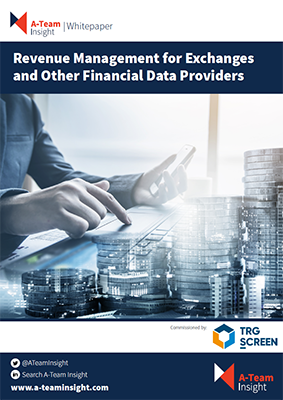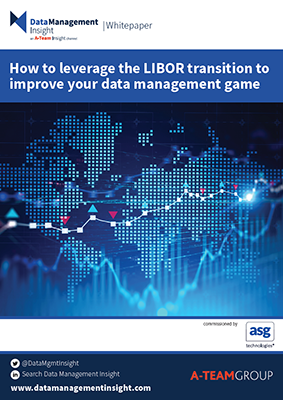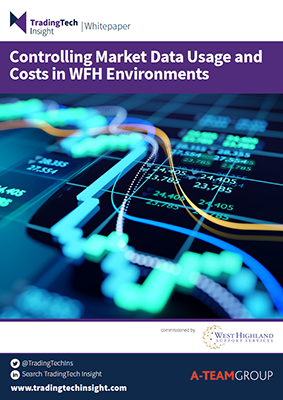A-Team Insight White Paper
Exchanges Are Becoming Data Marketplaces
Exchanges and other trading venues have long derived revenue from sales of their data; in some cases they operate substantial businesses based around sales of their real-time quotes and other market data services. But few are well set up to deal with growing demand for other datasets they may generate from their core activities, such...
Mitigating Compliance Risk by Matching Application Usage to Data Licensing Obligations
As financial institutions consume more market data from more sources than ever before, the task of administering external data services is growing both in complexity and scale. At the same time, data services are increasingly consumed by applications rather than humans, and these applications often consume more data than humans and produce derived data. As...
Market Data Invoice and Inventory Managed Services
Financial institutions are subscribing to an ever-growing list of information services in their efforts to keep abreast of increasingly complex global markets. This is adding to the burden of managing relationships with existing data vendors, whose licensing agreements and invoices are also growing in complexity. Firms’ appetite for cloud-delivered services and the trend toward working...
Embracing Automation and Collaboration Tools to Inject Reference Data into the Trade Lifecycle
Digital transformation in the financial services sector has raised many questions around data, including the cost and volume of reference data required by each financial institution. Firms need flexible access to the reference data required to ensure workflows can proceed without interruption. ‘One-size-fits-all’ bulk data licensing models are increasingly less fit for purpose. Emerging solutions...
Market Data in the Cloud: Opportunities and Challenges
Financial institutions are buying into the promise that the scalability and elasticity of cloud solutions will prove to be more cost-effective than on-premise implementations. As firms migrate what they can of their technology infrastructures to the cloud, they are starting to include market data delivery and ingestion systems – long considered too critical to be...
Can ‘Observational Learning’ Help Improve Data Quality?
Data quality is a pre-requisite for financial institutions seeking to automate their operations. But given the huge volumes of transaction data, often in a wide array of formats, it is very difficult to achieve. Can newer AI-based techniques such as observational learning actually help or are they just hype? This white paper explores: What observational...
Revenue Management for Exchanges and Other Financial Data Providers
Monetisation of market data and other financial information has become a major revenue stream for exchanges and electronic trading venues. But these organisations are often dependent on third parties – often market data vendors – for the final connection to end-consumers of their data products. This can make establishing and maintaining direct client relationships challenging....
Reference Data Usage Management for Financial Institutions
The ongoing struggle to track reference data usage and implement controls to manage and permission access to the data means many financial institutions lack visibility and understanding of how data services are being used by staff, teams, business units and IT applications. This can have expensive and potentially damaging consequences in terms of unexpected invoices...
How to leverage the LIBOR transition to improve your data management game
The final goodbye to Libor has been described as the Y2K moment for data managers in financial services – and with the phase-out slated for the end of 2021, firms need to act now to ensure a smooth transition. The replacement of Libor with alternative benchmarks presents an immense challenge for financial institutions, especially given...
Controlling Market Data Usage and Costs in WFH Environments
The Covid-19 pandemic has transformed the way financial services firms operate: with staff dispersed across numerous alternative sites or working from home, and many still requiring access to fee-liable market data and other financial information services in order to function. Data managers are struggling to control access to this data – facing the risk of...

